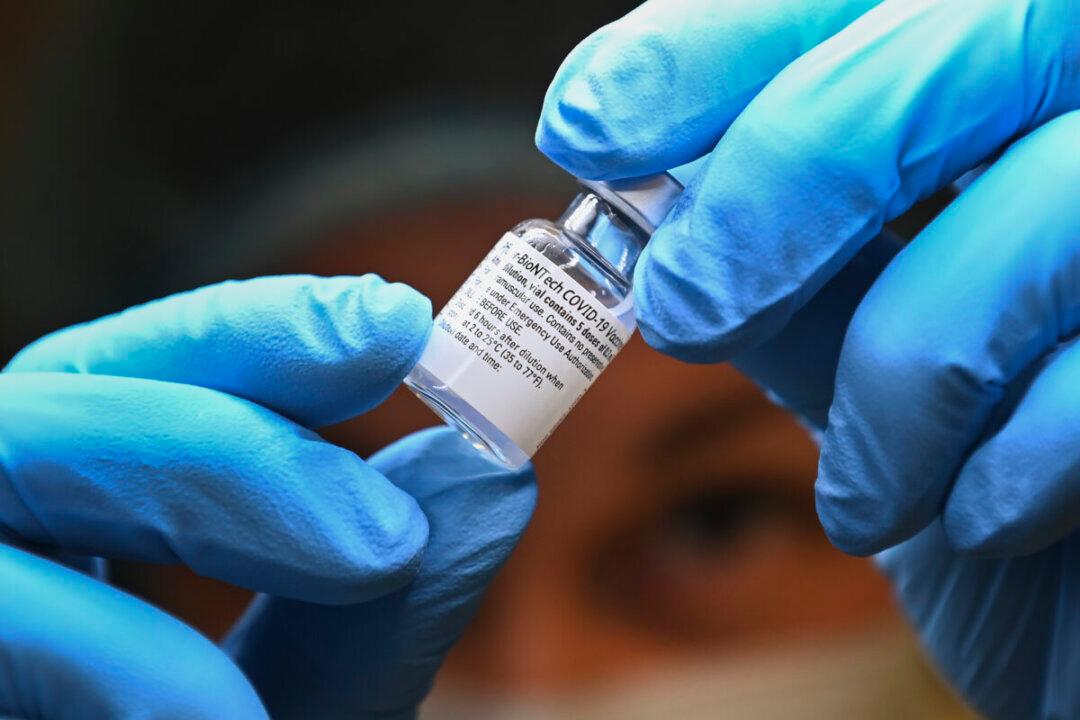It has been said we are in a chronic disease epidemic of diabetes mellitus. Before COVID-19, approximately 10 percent of diabetes was juvenile type 1, which is an auto-immune illness characterized by auto-antibodies against pancreatic islet cells. The remaining 90 percent is adult onset type 2 diabetes characterized by lifelong excess in adiposity and insulin resistance.
Mass vaccination with mRNA and adenoviral DNA vaccines may change the epidemiology of diabetes as we know it. There are several papers emerging concerning new-onset diabetes and diabetic ketoacidosis after taking a COVID-19 shot. Moon and colleagues reported a well-characterized case of new-onset type 1 diabetes in an adult temporally related to COVID-19 vaccination.






